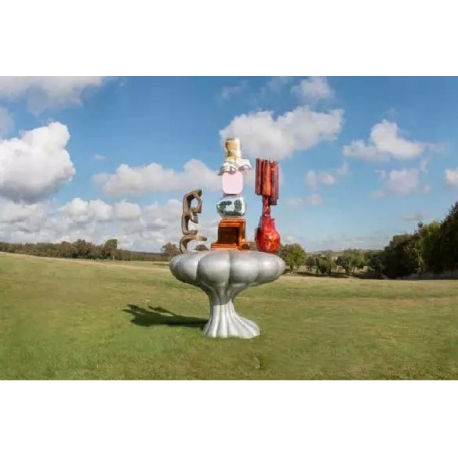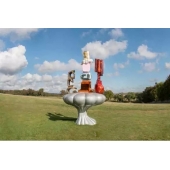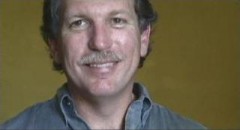梦幻浴室
(平台服务时间:周一到周五 9:00-17:00)

- 资质:
- 评分:
1分 2分 3分 4分 5分 6分 7分 8分 9分 10分 7分
- 印象:
- 经营时间:10年
- 展厅面积:500平米
- 地 区:国外-英国
| 尺寸 | 350x150x150(cm) | 创作年代 | 2014年 | ||
|---|---|---|---|---|---|
| 作品分类 | 雕塑 | 材质 | 金属 | 题材 | 其它 |
| 作品标签 | |||||
| 适用空间 | |||||
作者介绍
Gary Stephen Webb (August 31, 1955 – December 10, 2004) was an American investigative reporter. He began his career on newspapers in Kentucky and Ohio, winning numerous awards and building a strong reputation for investigative writing. Hired by the San Jose Mercury News, Webb contributed to the paper's Pulitzer-prize winning coverage of the Loma Prieta earthquake. Webb is best known for his "Dark Alliance" series, which appeared in the Mercury News in 1996. The series examined the origins of the crack-cocaine trade in Los Angeles and claimed that members of the anti-government Contra rebels in Nicaragua had played a major role in creating the trade, using cocaine profits to support their struggle. It also suggested that they may have acted with the knowledge and protection of the Central Intelligence Agency (CIA). The series provoked outrage in Los Angeles, particularly in the African-American community, and led to four major investigations of the series' charges.
The series became even more controversial when the Los Angeles Times and other major papers published articles suggesting its claims were overstated. After an internal review, the Mercury News ultimately published a statement in May 1997 acknowledging shortcomings in the series' reporting and editing. Webb resigned from the Mercury News in December 1997. He became an investigator for the California State Legislature, publishing a book based on the "Dark Alliance" series in 1998, and doing free-lance investigative reporting. Webb committed suicide on December 10, 2004.
Webb's reporting was strongly criticized in the controversy over the series. His supporters argued that Webb was unfairly made to bear the burden of the series' failings, while editorial errors and failures in oversight were ignored. There was also criticism of the reporting of the Los Angeles Times and other papers for focusing on problems in the series' claims instead of examining the questions the series raised. Many of Webb's supporters, while acknowledging errors in the series, also believe that the findings of the investigations vindicate Webb's basic claims.

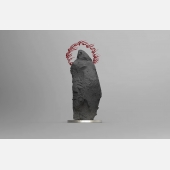 马文甲
马文甲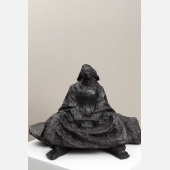 李秀勤
李秀勤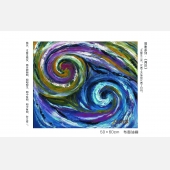 庞明璇
庞明璇 未知
未知 张大千
张大千 吴光宇
吴光宇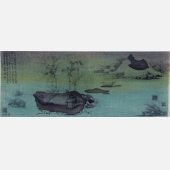 王霄
王霄 王轶琼
王轶琼